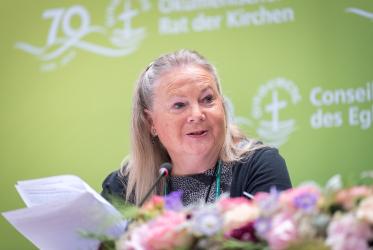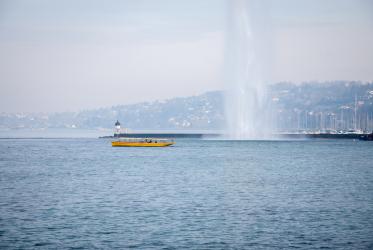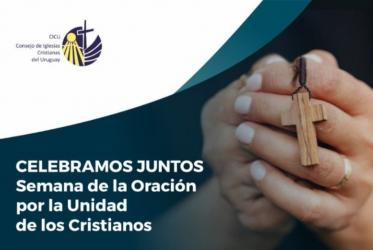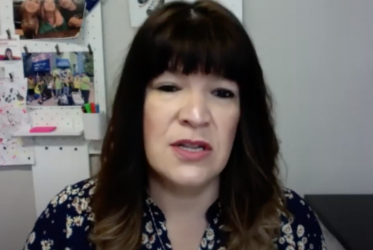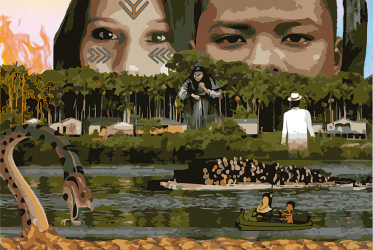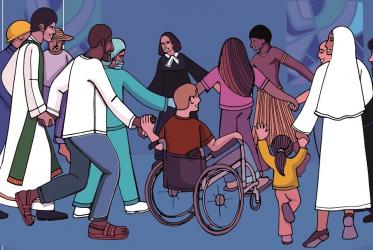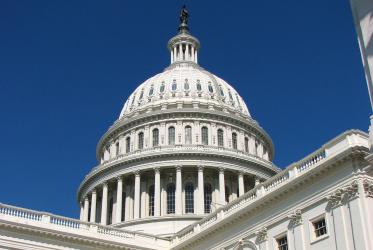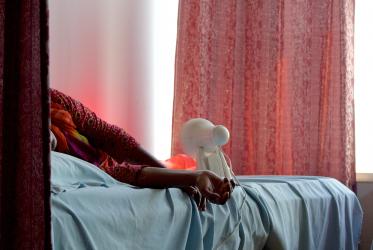Displaying 1 - 20 of 127
Prayer life of Bishop Mary Ann Swenson has deep roots
31 January 2022
In pictures: Week of Prayer for Christian Unity
01 February 2021
WCC podcast deals with death and dying
15 December 2020


